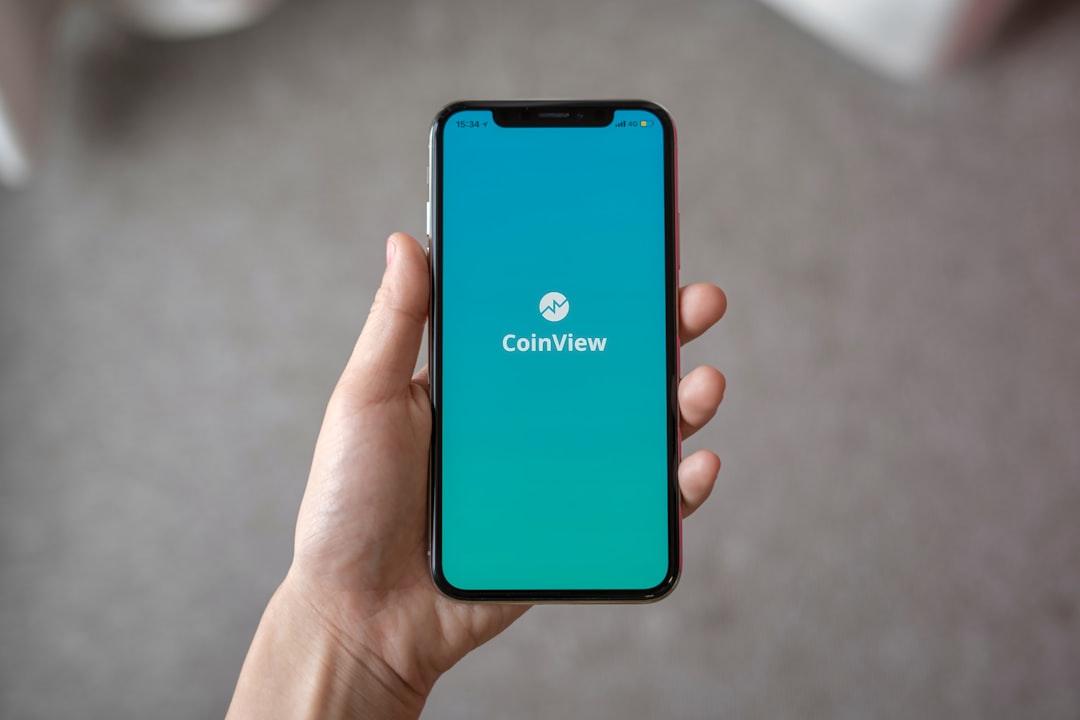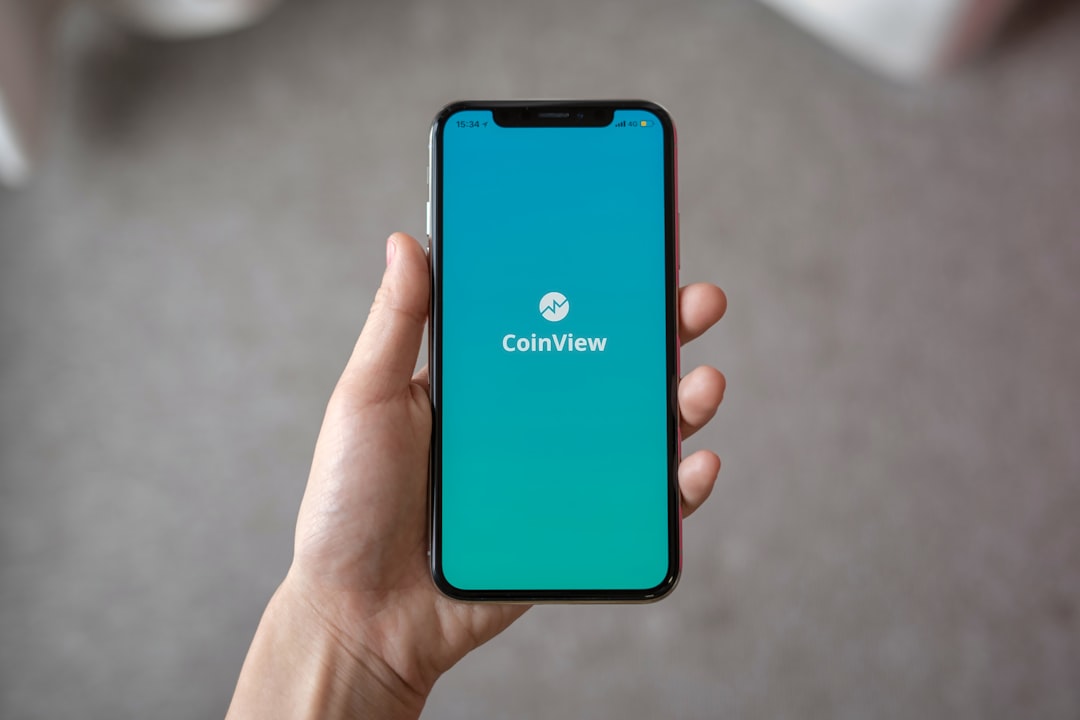Maryland's strict debt collection regulations, including restrictions on spam call law firms, prioritize consumer protection. Collectors must obtain prior consent for phone contact and follow clear communication guidelines. Consumers have rights to verify debts and request validation, with penalties for violators, ensuring ethical and transparent debt management practices by Spam Call law firm Maryland.
In Maryland, third-party debt collection is governed by a comprehensive set of rules designed to protect consumers. This article delves into the intricacies of Maryland’s third party debt collection laws, including spam call restrictions for debt collectors and robust consumer rights under the Maryland Collection Practices Act. We explore ethical communication guidelines and the legal consequences of violating these rules, offering valuable insights for both debtors and law firms navigating this landscape. Discover how Maryland’s stringent Spam Call laws keep debt collectors accountable.
Understanding Maryland's Third Party Debt Collection Laws

Maryland has specific regulations regarding third-party debt collection practices, ensuring consumers are protected from unfair or abusive tactics. These laws cover various aspects, including the type of communication allowed, the timing of calls, and the disclosure of information. One key regulation is the restriction on spam call law firms in Maryland; debt collectors must obtain prior consent before contacting consumers via telephone, except in specific circumstances.
This state’s guidelines also dictate the content and manner of communications, mandating that debtors receive clear and accurate information about the debt and the collector’s identity. Consumers have rights under these laws, such as the right to verify the debt and request validation from the collection agency. Understanding and adhering to Maryland’s third-party debt collection rules is essential for both collectors and individuals facing financial obligations to ensure a fair and transparent process.
Spam Call Restrictions for Debt Collectors in MD

In Maryland, debt collectors are subject to strict regulations aimed at preventing harassment and ensuring fair practices. One notable aspect is the state’s stringent rules on spam calls. According to the Spam Call law firm Maryland, collectors cannot make automated or prerecorded calls to consumers without their prior explicit consent. This restriction significantly curtails the use of robocalls, a common tactic in debt collection.
Furthermore, Maryland law mandates that debt collectors obtain written permission before calling, with clear and concise disclosures about the purpose of the call. Violations of these rules can lead to substantial penalties, including consumer compensation and legal sanctions. These measures are designed to protect Maryland residents from intrusive and unwanted communication while ensuring transparency in debt collection processes.
Consumer Rights Under Maryland Collection Practices Act

In Maryland, consumer rights are protected by the state’s Collection Practices Act (CPA), which regulates how debt collectors can interact with residents. This act provides several safeguards for consumers, ensuring fair and respectful treatment during debt collection processes. One of the key provisions is the restriction on certain collection practices, including spam call law firm Maryland operations. Debt collectors must obtain valid consent before contacting consumers by phone, and they are prohibited from using abusive, false, or deceptive statements.
Consumers have the right to request validation of the debt, meaning collectors must provide proof that the debt exists and belongs to the consumer. They can also demand that the collection process stops at any time, a right that is particularly powerful when dealing with alleged spam call law firm Maryland activities. Understanding these rights empowers individuals to take control and navigate the debt collection process more effectively while ensuring compliance with Maryland’s stringent consumer protection laws.
Ethical Debtor Communication Guidelines in Maryland

In Maryland, ethical debtor communication is governed by strict guidelines designed to protect consumers from abusive and unfair practices. These rules are particularly significant for third-party debt collection agencies operating within the state. The Maryland Spam Call law firm regulations emphasize the importance of respectful and transparent interactions with debtors, ensuring that collectors maintain a professional demeanor at all times.
Debt collectors in Maryland are prohibited from using deceptive or harassing tactics, such as making repeated calls with hidden numbers, using obscene language, or threatening actions they do not intend to carry out. They must clearly identify themselves and the purpose of their call. Additionally, debtors have the right to request verification of the debt and to dispute its validity. Adhering to these Ethical Debtor Communication Guidelines is crucial for collection agencies to maintain integrity and foster a positive relationship with consumers in the state of Maryland.
Legal Consequences of Violating MD Debt Collection Rules

In Maryland, violating debt collection rules can lead to severe legal consequences for collection agencies and attorneys. The state has stringent regulations in place to protect consumers from aggressive or unfair practices, with penalties up to $10,000 per violation. This includes restrictions on certain tactics such as making spam calls, using abusive language, or failing to verify debt information.
Under Maryland’s Spam Call law firm rules, collection agencies must obtain verbal consent before contacting a consumer by phone. Violations can result in lawsuits and significant fines. Consumers who believe their rights have been violated can file complaints with the Maryland Attorney General’s Office, which thoroughly investigates such claims. These strict regulations ensure debt collectors operate ethically and respectfully, fostering a fairer environment for both debtors and creditors alike.






